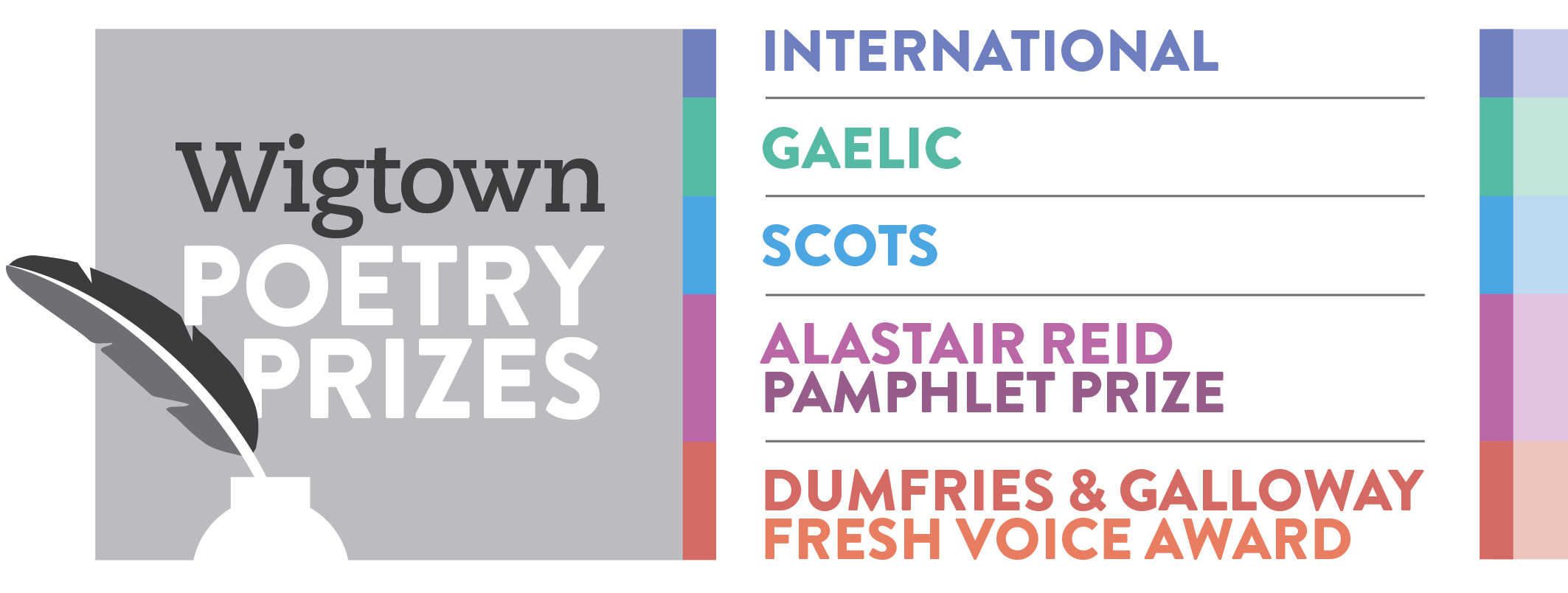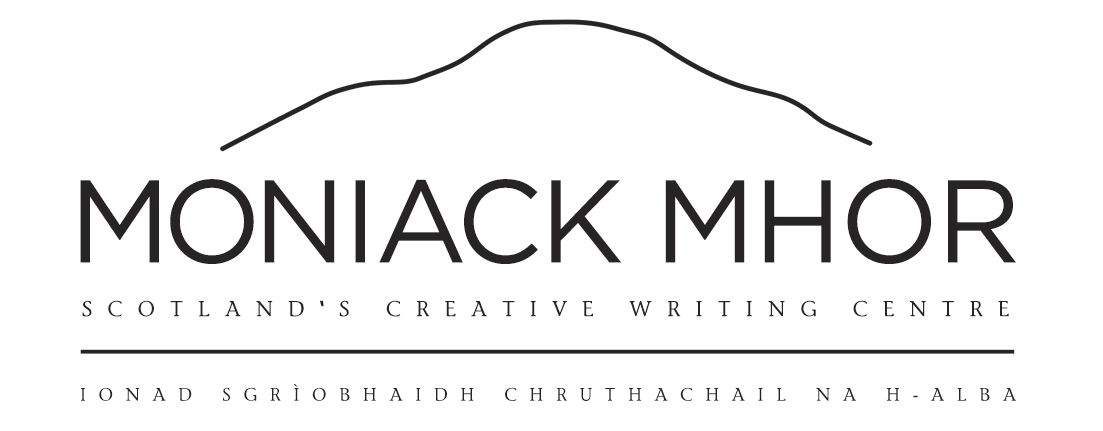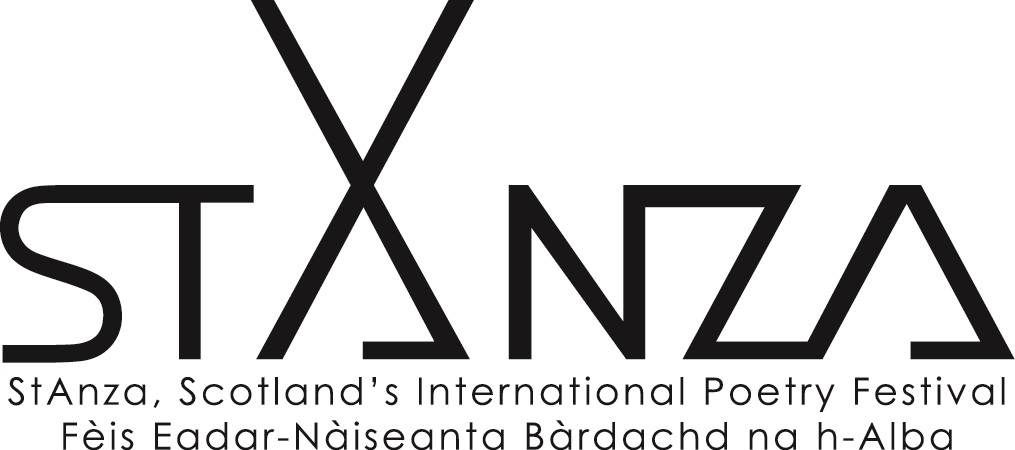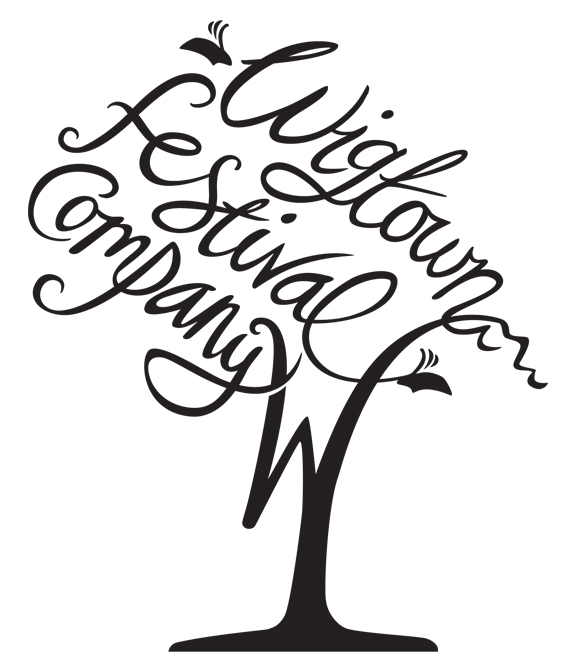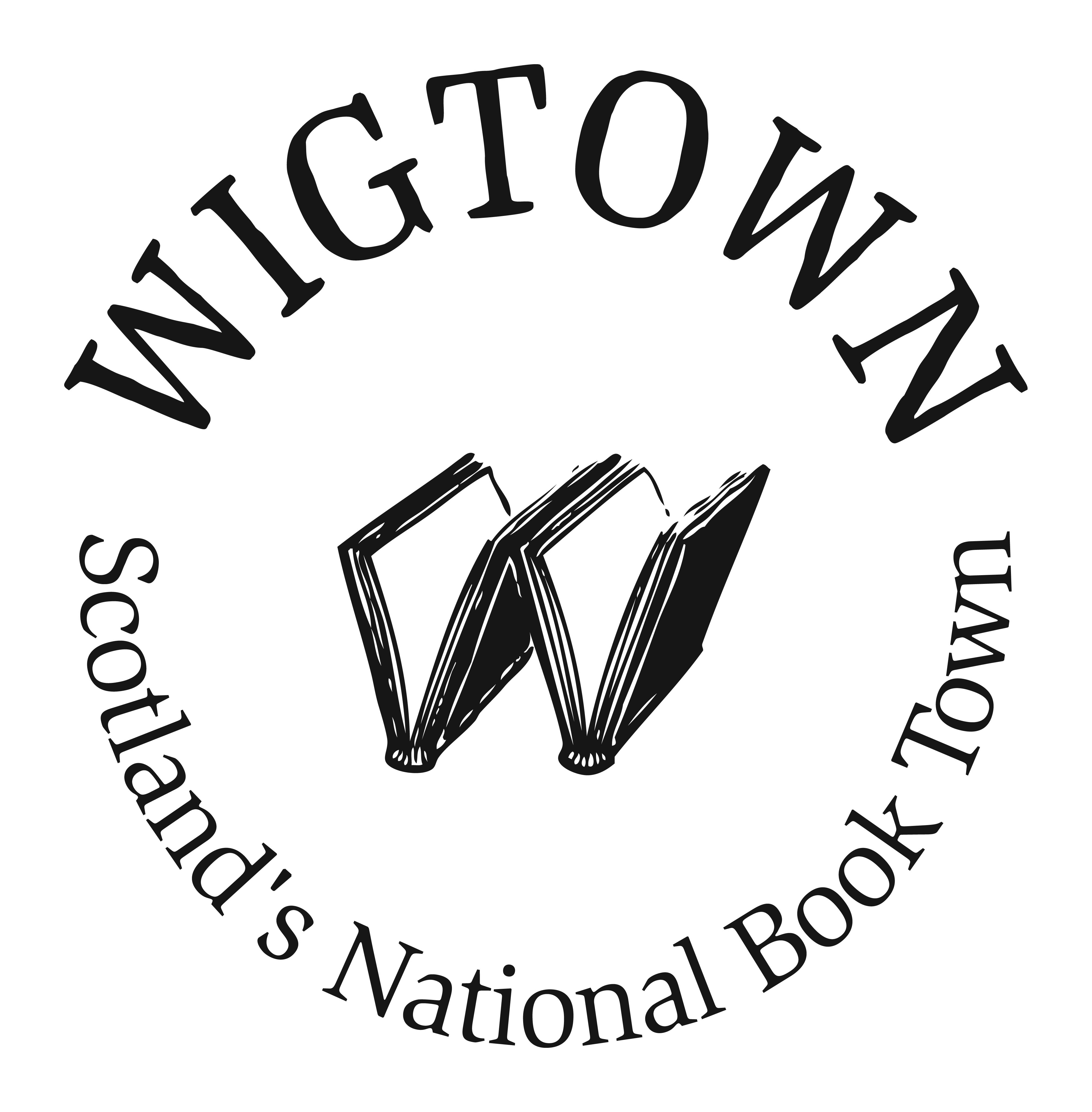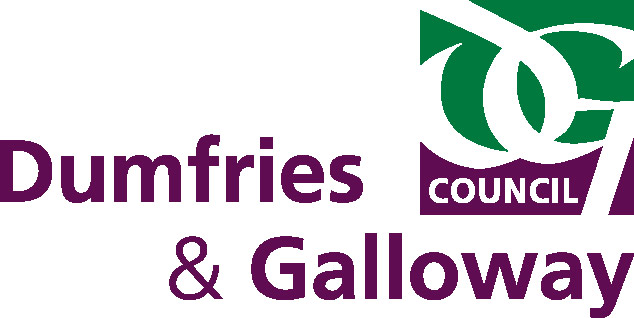Many thanks to our 2020 judges - Roseanne Watt, Anna C Frater and George T Watt
In the early months of 2020, a strange new language began to emerge in the global media. Phrases like ‘lockdown’, ‘containment phase’, ‘social distancing’, ‘shielding’ and ‘self-isolation’ bloomed like bruises in our vocabulary. It has been an unsettling lexicon to learn, as necessary as it may be, and it struck me during that time how the meaning of words I’d thought I’d known seemed suddenly uprooted; as in how the word ‘nightingale’ lost its immediate resonance with ‘songbird’, slipping into the more ominous shades of ‘field hospital’.
As we enter the latter months of 2020, many of us have now become fluent in our use and understanding of these words. Whilst they provide us with an answer to the question of how to survive now, in the current reality of the Covid-19 pandemic, they do little to suggest how we can cope with what is coming next. Because, when we are done with this question of short term survival, we are going to need a similar shift in semantics. For this we will need a better language, one which is equipped with the capacity for both grief and healing within the walls of its words.
There is a story from my home islands which has been haunting me throughout this hideous year of illness. It’s about a spring called Heljabrün, located in Shetland’s northernmost island of Unst, whose name means ‘the healing well’ according to the old language. The story goes that it marks the site where a Celtic priest was murdered by a local mob sometime in the 4th century. On realising that the moment of his demise was imminent, it is said the priest prayed for his death to not be in vain, and bring about tangible good for the people of the island. From the ground on which is body fell, the healing waters of Heljabrün sprang in answer to his final prayer. Reflecting on the process of reading the entries for the Wigtown and Alastair Reid Pamphlet prizes, I find my thoughts returning once again to this old folktale. I am drawn, I believe, to the alchemy of it; how, in the aftermath of violence, the site of pain becomes one of healing. It is the same kind of peculiar power that I recognise to be at work in my favourite poems, those which tap into a rare kind of compassion, which express something common and vital in our experience of the world, yet still reflect the precise truth of their own moment, even when that truth might be unbearable.
These qualities were certainly at play in the long-list of entries I was given for these prizes, delivered to me during the height of the national lockdown, at a time when I myself felt at a complete loss with language. I count myself very lucky now, because the job of reading these entries was to be reminded time and time again of the curious resilience of poetry, and to be returned to some notion of hope in the midst of hopelessness. Sometimes poems leapt out at me immediately, vibrant and alive and searingly present on their pages. Others were subtler in their hold on me. They took seed, and grew on every re-reading until they’d made a garden of my mind. This dynamic was at once joyous and supremely difficult to navigate, requiring the closest kind of attention for the winning poems to make themselves known to me. Still, I can’t be more grateful that this task was mine. And though a winner must be picked, I think this bears mentioning to every poet right now: if you have written anything this year, even half a scrap of a line of a haiku, you’ve already won. Trust me on this.
I have one last story about Heljabrün I want to share with you. It is said that when water was brought for those too ill to make it to the spring itself, its transport was only ever to be made between the dark hours of sunset and sunrise. Along the way, the water-bearer was supposed to gain some inkling of the patient’s chance at recovery, in the form of a sign or omen crossing their path. It is a reminder that whilst healing is never a given, there is none-the-less something earned in its pursuit. During times of both individual and collective turmoil, we so often find ourselves turning to poetry for solace; its language can ground us in the simple fact of our connectedness, answer us even in those moments when we feel we are most alone. As we journey through the darkest parts of this global crisis, carrying the weight of our fears and hopes with us, I hope you, too, may find some solace in this, and drink deep.
Portrait of My Grandparents as Souvenirs
There is just so much commend about this searing, powerful poem. I had never heard of the Polish tradition of ‘Zydki’ figurines before, though further reading illuminated they seem to occupy a complex cultural place there. What I find so piercingly effective about this poem is how it reckons with tensions of memory, of collective nostalgia and the realities of lived experience. Through conflating these figurines with the speaker’s own grandparents, the imagery moves from absurd to deeply unsettling, demonstrating the power which symbols can hold in processes of dehumanisation. The real sucker-punch of this poem, however, is in how it manages to subvert and reconcile this power dynamic through these very same symbolic mechanisms. I love how the silver charms on the bracelet of the poem’s final lines defiantly returns those remembered to the centres of their own narratives once more, allowing the truth of their lives to emerge in all their shades of love and loss. This poem is a stark and timely reminder of how there is always some level of choice when it comes to traditions and symbols, and the significant role this choice has in harming or healing our collective and individual relationships with the past.
Green Bathroom
What devastating precision of imagery is strung through these lines, taut and hammering as piano strings. I love the way the speaker’s point of view is manifested in a way that seems to dissolve time entirely. The way the poem hones in on such specific and sensual details is particularly effective, capturing how the mind can often close like a fist around vivid, environmental details in the wake of traumatic experience. There is a sense of absence and grief which comes to linger, ghost-like, in these images, haunting the lines with a definitive sense of dread, through what is only ever alluded to; bathroom tiles remain clean, evening sunlight does not reach through a window, a phone is yet to ring. We are left poised on the tense, snap-at-any-moment time of Before; before innocence becomes knowing, before death rushes in, before the ‘cold sky of stars’ is finished with all its awful openings.
A Book of Days
A Book of Days absolutely enchanted me. I was hugely impressed with its clear vision; how the synergy between each poem builds towards a distinctive wholeness, as though the pamphlet were not so much a collection of individual poems as it was a stream of scintillating consciousness. Through a skilful blurring and untethering of digital and physical space, I really feel A Book of Days captures a sense of what it’s like to live as an individual plugged-in to the collective; how personal events measure and collide in an age of endless political, social and environmental crises, twitterspheres and 24hr news cycles. This pamphlet strikes a wondrous, beautiful balance of playful, witty, urgent and profoundly moving poems, whose interconnectedness are a pleasure to behold in the aftermath of reading.
Anna C Frater - Wigtown Scottish Gaelic Prize
Bha e na thlachd dhomhsa a bhith a’ leughadh tro na dàin a chaidh an cuir air adhart airson duais na Gàidhlig am bliadhna. Na thlachd, ach cuideachd na dhùbhlan, leis gun robh an ìre cho àrd agus an raon chuspairean cho farsaing, gun robh e duilich geàrr-liosta a thaghadh, gun luaidh air aon dhàn a shònrachadh os cionn chàich. Tha na ceithir dàin air a’ gheàrr-liosta mar fhianais air cho eadar-dhealaichte sa bha na dàin bho chèile: cuid goirid, grinn, cuid nas fhaide agus nas meòmhrachail; cuid air an stèidheachadh san latha an-diugh, cuid eile a’ togail air sgeulachd à eachdraidh no às na faoinsgeulan.
Anns an dara àite tha òran grinn, ‘Ann an Oisean Cùbhraidh Gàrraidh’, le Morag Anna NicNèill. Tha am bàrd air a faireachdainnean a chur an cèill ann an Gàidhlig shiùbhlach, bheartach, cheòlmhor, agus i a’ beachdachadh air buaidh nàdar air spiorad dhuine. Tha mi ag ràdh òran ri seo, oir sin a th’ againn – tha ceòl anns na briathran fhèin, agus iad a’ feitheamh ri fonn.
Bha mi a’ tilleadh uair is uair chun dàn a fhuair a’ phrìomh dhuais. Tha e a’ togail air sgeul aithnichte, ach a’ coimhead air, agus ga mhìneachadh, ann an dòigh ùr. A-rithist, chleachd am bàrd meadarachd riaghailteach, cruth sonaid an turas seo, agus sin fhèin a’ cur ris an teachdaireachd. Le sin, tha ‘Penelope’ le Niall O’ Gallagher air fhighe ri chèile cho faiceallach, cùramach ris na bh’ aig a’ bhan-Ghreugach fhèin air a’ bheairt.
It was pleasure to read through the entries for this year’s Gaelic prize. A pleasure, but also a challenge, given the high quality of the submissions and the wide range of topics. It was difficult to come up with a short-list, let alone a winner. The four poems shortlisted are indicative of the variety of style and subject matter of the entries: some small and beautifully formed, others longer and more philosophical; some very much set in the modern day, others going back into history or even mythology for their starting-point.
The runner- up is Morag Ann MacNeil ‘s beautiful song, ‘Ann an Oisean Cùbhraidh Gàrraidh’. The poet reflects, in rich, flowing, musical Gaelic, on how contact with nature can lift the spirits. I called this a song, because that’s what it is – there is a musicality in the words that is just crying out for a tune.
I kept coming back to the poem which was awarded the first prize. I was intrigued by the new interpretation of a well-known story. That it was in a sonnet format added another layer of richness to the composition. ‘Penelope’ by Niall O’ Gallagher is as carefully crafted as the cloth on the Greek queen’s loom.
George T Watt - Wigtown Scots Prize
The screivins wir o the heichtmaist quality an I wuid sey, gin I pitten saxty o thay poems intil a buikie an cryed it the ‘Best O Modren Scots Poesie’, naewan cuid argie the fac. That’s hoo guid thay wir, an I wuid be left wunnerin gin I shuid hae included this ane o that ane frae the ten left oot! I’m sure near aa thay poems shuid find a publisher fur thay aa haed something worth sayin. I wuid meinion anaa the great range o subject maiter on show. This virus that haes shut Scotland doun came up on seivaral occasions, as did the plicht o refugees. Seivral poems spoke o personal dilemmas o ae kin or inither some wuid mak ye greet an wir ane or twa biographic? I cuidnae tell.
Fit this meant wis, that fur the seicont raedin I wuid need tae be pretty strict. I wuid pynt oot here that eiditin an pruif reading, nae aince but several times is maist important. Spellchecker is the curse o Scots screivin. Thare wis occasions wi twa differ spellins fur ae wurd wir waein the same poem, fur ensaumple, eneuch in ae line an furder doun the English enough. I’m gled tae say thare wirnae mony siclike owersichts but it did mairk a poem doun. Thare wis anaa ae couple o occasions fan the rang wurd wis used. I made a pynt o makin extensive searches throu the DSL dictionars fan a wurd didnae luik richt juist in case be thare wis an alternate meanin I didnae ken o. Hooiniver, in geineral, the Scots wis weel used an I’m pleased tae say thare wis fell few instances o madie-up-Scots. Some o the poesie I felt cuid hae duin wi ae bittie mair thocht juist tae pu oot the fu impac o fit the screiver wis streivin tae say.
The seicont raedin seen some pieces mairkit up an ithers mairkit doun. I wis noo luikin fur that something extra speicial an at the en o this raedin I haed 26 unco fine poems tae consider. I shuid mibbie pynt oot that this process sofaur haed taein seiveral days. Thare wir mony occasions fan I haed tae stap an juist let a poem hae time tae sittle in ma heid. Tae raed ony mair than 5 or 6 poems at ae time wuid be tae risk skimming ower thaim an thay poems deservit ma fu consideration. After the seicont raedin I decided tae lea it lyin fur a whilie so that I cuid approach the neist raedin wi a fresh ee.
Ma first task after haein a brek wis tae gang ower aa the anes I haed left oot. Thare micht be something thare I haed owerluikit, fan thare is sae muckle gaein on in yer heid as ye mak yer wey throu thaim aa. In the en I resurrectit twae poems that I felt I shuid luik at again alang wi the ither twanty sax.
This neist raedin that wis supposed tae cut it doun tae a haun fu, still left me wi seiventeen! Sic is the staundart o screivin the day in Scots, an aye at the bek o yer mind is the kennin that mony very fine poems hae been set aside. Nae like an unplooed pairk tae graw weeds, but I howp, tae be published somewhaur tae blossom, fur an appreciative audience tae enjoy.
Wurd cam til us that ane o the poems entered haed won ae prise elsewhaur; a poem that haednae made ma seiventeen. Fan I tell ye the judge o the ither compeitition wus Sheila Templeton it fair maks ye tak tent. Ye cannae help but speir yersel an yer deceisions I can tell ye. But, I console masel wi the thocht that gin ye gotten ten tap Makars tae luik throu the entries here, ye wuid maist likely hae gotten several different short leets, an ten different winners; and naewan cuid argae agin ony o the winners, but aabiddie wuid! Aince again anither readie throu aa the entries juist tae mak siccar I haednae missed ocht.
The Commatee o the compeitition speired me fur ae short leet o 3 tae 5 poems an syne the winner frae thaim. Ma shoert leet wis sax poems an that tuik some deliberation on ma pairt. Thare wir ae twa, thrie left oot that I recommended fur the oweraa prize juist accaus the Scots wisnae richt true. It wis wi ae sorry hert that I rejectit fowk’s wark at this pynt. It’s like the final o an Olympic race. Ye ken aa the athletes hae traint tae thay’re upmaist ability, but thare is anely the ane faw wull come first an faw can really say fit it wis that gained thaim that tenth o a seicon that got thaim ower the line ahead o the lave?
A Drystane Dyke
An exceptional poem. ‘I’ll bigg a drystane dyke/fae Solway tae the Tweed’ an immediate like ye think on Hadrian or an ultra-nationalist, but it’s neither. The spiker is biggin this dyke wi ‘guid Scots leid’. Syne we are treatit wi mony a guid Scots stane, an mony a guid Scots wurd an an essay o dyke biggin as weel. This waa is nae impervious thou. The wund gaets throu, ideas an fowk can come throu this wa, it’s nae tae kep fowk in or kep fowk oot.
Ainster Herbour, Hogmany
The poet sees the dolphins on New Year’s morn. Ae short lyric poem on baith the dolphins an thair search fur prey an oor relationship tae thaim. Really guid Scots an ae interesting pynt o view pit ower in ae crisp fassion like the morning itsel. An ensauple o hoo tae mak a few wurds spik volumes.
